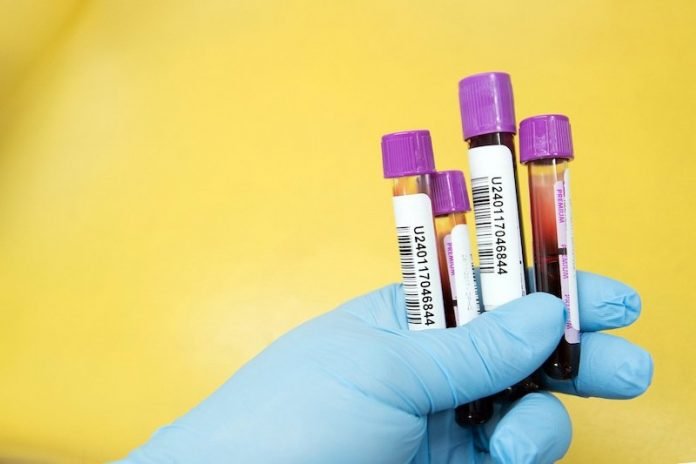
In a new study from the Karolinska Institute, researchers found that testing how well “good” cholesterol particles reduce inflammation may help predict who is at heightened risk to develop cardiovascular disease caused by narrowed arteries.
Assessing levels of high-density lipoprotein (HDL) cholesterol, known as “good cholesterol,” is already a standard part of formulas used to predict heart risk.
In the study, the team tested whether a better anti-inflammatory function of HDL particles protects against heart attacks and other serious heart-related events.
Participants included 680 white adults (average age of 59, 70% male) living in the Netherlands who were part of a large population study that began in 1997.
Several lab tests were performed for all participants at enrollment, including measuring the ability of isolated HDL particles to decrease the inflammatory response of endothelial cells lining blood vessels (called the anti-inflammatory capacity).
The researchers found HDL anti-inflammatory capacity was much higher in people who remained healthy (31.6%) than in those who experienced a heart disease event (27%).
For every 22% increase in the ability of HDL particles to suppress inflammation, participants were 23% less likely to have a heart disease event during the next decade;
The amount of protection from increased HDL anti-inflammatory capacity was higher in women than in men; and
Risk prediction was improved by adding HDL anti-inflammatory capacity to the Framingham Risk Score, or by replacing HDL cholesterol levels with this new measure of HDL function.
The results suggest that plaque buildup in the arteries has an inflammatory component and that the biological properties of HDL particles have clinical relevance to heart disease risk prediction.
The team says although the results raise intriguing possibilities for improved screening, the results must be confirmed in different populations.
In addition, a simpler and hopefully automated test for anti-inflammatory capacity should be developed first.
If you care about heart health, please read studies about this inexpensive drug combo may prevent stroke, heart attack, heart failure and findings of a surprising cause of abnormal heart rhythm.
For more information about heart disease prevention and treatment, please see recent studies about this common nutrient may benefit people with heart failure and results showing that this hormone may reduce irregular heartbeat, inflammation.
The study is published in Circulation. One author of the study is Uwe J.F. Tietge, M.D., Ph.D.
Copyright © 2021 Knowridge Science Report. All rights reserved.



